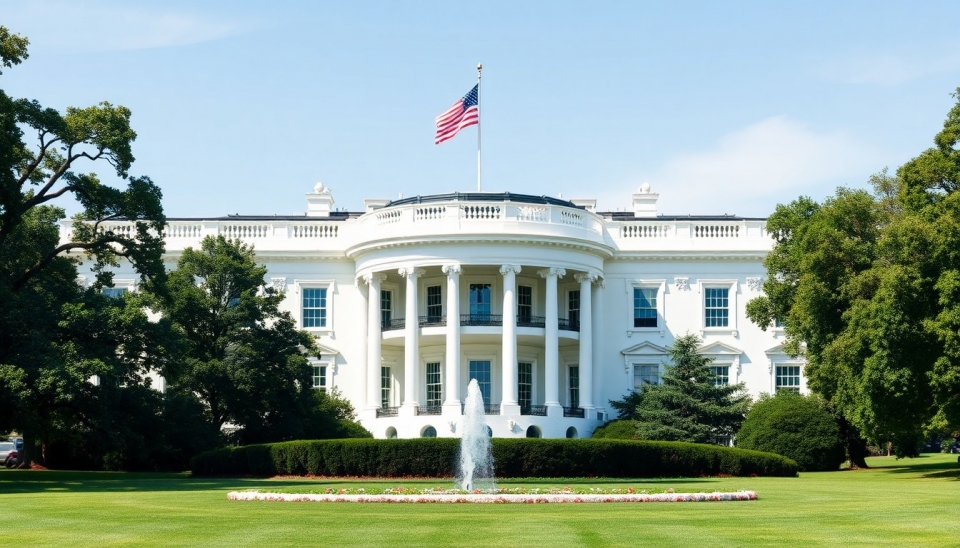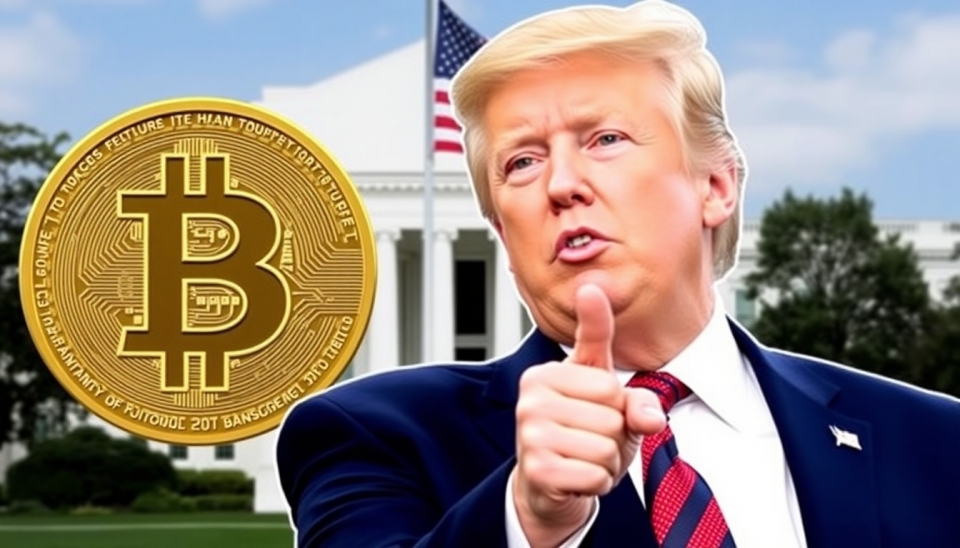
As the 2024 presidential race heats up, Donald Trump is preparing to unveil a cyber policy that appears poised to tackle perceived threats from China while promoting a relaxation of regulatory measures in the technology sector. This strategy aligns with Trump's broader campaign themes, emphasizing national security and economic growth through innovation and reduced government intervention.
Insiders suggest that Trump's approach to cyber policy will reflect his administration's previous stance, which was heavily focused on combating cyber espionage and intellectual property theft emanating from China. Trump is likely to criticize the current administration's efforts, arguing that they have been insufficient to protect American businesses and technological advancements.
The potential policy could encompass a range of measures aimed at reestablishing strong safeguards around critical technologies, particularly those associated with national security, such as telecommunications and semiconductor industries. Trump’s team is expected to release a detailed outline that will not only detail strategies to counteract Chinese cyber activities but also propose incentives to American companies to bolster domestic cybersecurity infrastructure.
Furthermore, Trump's policy could advocate for deregulation to foster a more conducive environment for tech companies to innovate without the constraints imposed by existing regulations. This aspect of his platform may resonate with tech industry leaders who argue that excessive regulation stifles innovation and competitiveness in the global market.
In this intricate landscape of technology and cyber threats, Trump’s proposed measures could result in a significant shift in U.S. cyber policy if he secures the presidency for a second term. Observers are particularly keen on how these proposed policies will influence ongoing discussions about data privacy, corporate responsibility, and international cybersecurity collaborations.
The speech outlining these proposals is anticipated to draw considerable attention within the tech community as well as among policymakers who are watching closely how Trump intends to leverage past grievances against China to reinforce his position as a strong leader in the face of global cyber challenges.
As the 2024 election draws nearer, the ramifications of Trump's cybersecurity strategy could extend beyond national borders, prompting a reevaluation of international partnerships and alliances, particularly with countries that share concerns over China's rising cyber influence.
In conclusion, Trump's evolving cyber policy is expected not only to address national security concerns but also to redefine the regulatory landscape for technology in the U.S., setting the stage for a contentious 2024 election cycle as candidates vie for the support of both the electorate and the influential tech sector.
#Trump #CyberPolicy #China #Deregulation #2024Elections #TechIndustry #NatSec
Author: John Miller




